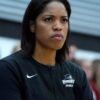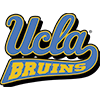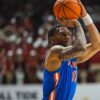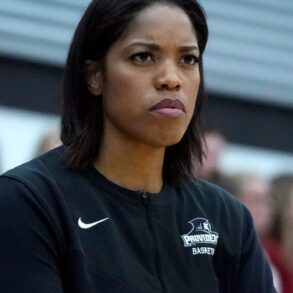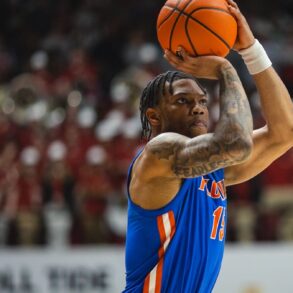The groundbreaking case leading to the transformation of college sports in the United States comes nearly five years after Arizona State swimmer Grant House and Oregon basketball player Sedona Prince filed a complaint against the NCAA and the five most powerful conferences alleging they were unfairly being denied of pay for use of their name, image and likeness.
The settlement approved by U.S. District Judge Claudia Wilken resolved three antitrust cases — House vs. NCAA, Carter vs. NCAA and Hubbard vs. NCAA — that became known collectively as the “House case.”
Advertisement
The class-action lawsuits contended the NCAA, ACC, Big Ten, Big 12, Pac-12 and SEC violated antitrust law by not providing benefits and compensation to athletes and restraining athletes’ ability to make money for endorsements and sponsorships.
Incremental gains won by athletes in previous lawsuits against the NCAA set the stage for the House settlement and the all-out professionalization of college sports. A look at key numbers associated with the case:
389,700
Athletes who played an NCAA sport between 2016-24 and could be eligible for back payments
101,935
Class members who submitted a claim form or updated their payment information, which represents approximately 26.2% of the 389,700.
Advertisement
357
Athletes who opted out of the settlement and could pursue their own remedies.
$2.8 billion
Back damages to be paid to current and former college athletes who were denied the opportunity to profit from the use of their NIL rights. The amount will be paid in $280 million installments over 10 years. The NCAA will use reserves and insurance to cover about 40% of the payments. The rest will be covered by the NCAA reducing its annual distributions to Division I schools.
95%
Estimated amount of the $2.8 billion that will be paid in back damages to football and men’s and women’s basketball players in the power conferences.
Advertisement
$20.5 million
The 2025-26 pool of money each Division I school can distribute in direct payments to athletes beginning July 1. The amount represents 22% of the average revenue generated by each school from the five defendant conferences and Notre Dame.
153
NCAA rules that had to be eliminated to allow schools to provide additional benefits to athletes under the settlement.
$600
All Division I athletes will be required to report to their schools and the Deloitte clearinghouse any and all third-party NIL contracts with a total value of $600 or more, if payment occurs after July 1, 2025. The clearinghouse will determine whether the amount is commensurate with the athlete’s fair market value.
Advertisement
$20 billion
The widely accepted estimate by University of San Francisco sports economist Daniel Rascher of additional direct compensation athletes will receive over the next 10 years.
$10 billion
The estimated amount of damages faced by the NCAA and the five conferences if they avoided a settlement and lost at trial.
$475 million
Plaintiffs attorneys’ request for legal fees. The figure is based on attorneys receiving 20% of the NIL settlement fund and 10% of the additional compensation settlement fund as well as an injunction relief award of $20 million paid by the defendants. That does not included about $9 million in expenses attorneys are claiming.
___
AP college sports: https://apnews.com/hub/college-sports
This post was originally published on this site be sure to check out more of their content.


